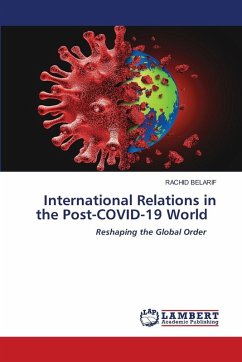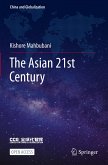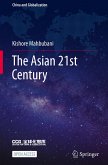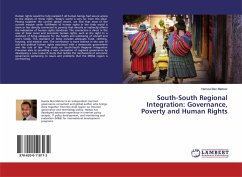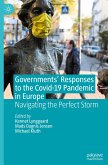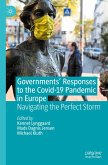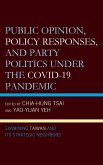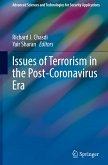This book examines how the COVID-19 pandemic exposed and deepened geopolitical divisions, challenging global cooperation. It highlights the resurgence of the nation-state, as countries prioritized domestic responses over collective international action. The definition of security shifted, expanding to include public health and societal resilience alongside traditional military strength. The crisis also sparked a reevaluation of globalization, questioning whether the world will move toward de-globalization or a more balanced form of re-globalization. In this context, international alliances were tested and reshaped, while non-state actors-such as NGOs and private companies played a vital role in filling the gaps left by governments and international institutions.
Bitte wählen Sie Ihr Anliegen aus.
Rechnungen
Retourenschein anfordern
Bestellstatus
Storno

